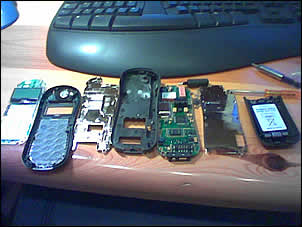In The Shadow of No Towers
Art Spiegelman, el autor del impresionante Maus, con el que ganó un Pulitzer, reflexiona ahora sobre los atentados del 11 de septiembre en el libro In the Shadow of No Towers:
«At the time I was doing it I thought the world was ending,» he says. Then in October, a profile on Spiegelman in The New York Times reproduced a panel from In The Shadow of No Towers.
«We’re in a time of an election and to prove that we have a vigorous democracy we have to be seen to have vigorous debate, so perhaps it didn’t look so dangerous. I still think the world is ending, but perhaps a bit slower than I thought.»
(vía Follow Me Here)
[Estoy escuchando: «Comfort Eagle» de Cake en el disco Comfort Eagle]
—–




